DOING YOUR BIT WITH A SIMPLE BITE


Right now, our little earth is feeling pretty rough. It’s being pushed to its limits – what the scientists call ‘planetary boundaries’. Long story short, the food on our plates can have a big impact on those environmental limits. Like biodiversity loss, water scarcity and climate change just to name a few.

Greedy global food production can be. It pumps out a third of all CO2 emissions, gobbles up half of all the habitable land, glugs 70%*of the planet’s fresh water and 78%**of the ocean. And of all the precious creatures on the threatened list, 80%***of them have lost their natural habitat because of farming. So what you choose to eat most definitely makes a difference.

Shouty megaphone time
What do we need to do?
Whatever we can.
When do we need to do it?
Right now! And how?

‘One Planet Thinking’
It’s a way of doing things created by WWF and IUCN (International Union for Conservation of Nature). It helps organisations and companies like us set targets for protecting biodiversity and cutting down land and water use. At Alpro, we don’t just talk the talk. We call it One Planet Action, and we’re busy doing it!
* Global environmental and nutritional assessment of national food supply patterns: Insights from a data envelopment analysis approach. E. Lucas, A. Galan-Martin. 2020
** Reducing food’s environmental impacts through producers and consumers. J. Poore & T. Nemecek, 2018 ***Future threats to biodiversity and pathways to their prevention. D.Tilman, M. Clark 2017


GOOD FOOD STARTS WITH GOOD INGREDIENTS
Whether you’re an oat fanatic or a soya enthusiast, our Alpro products have a lighter footprints for both carbon and land use when compared to dairy equivalents*. We’re aware that some ingredients have higher water consumption (such as almond & coconut) and we continue to work to source sustainably grown ingredients and to further reduce our environmental impact.
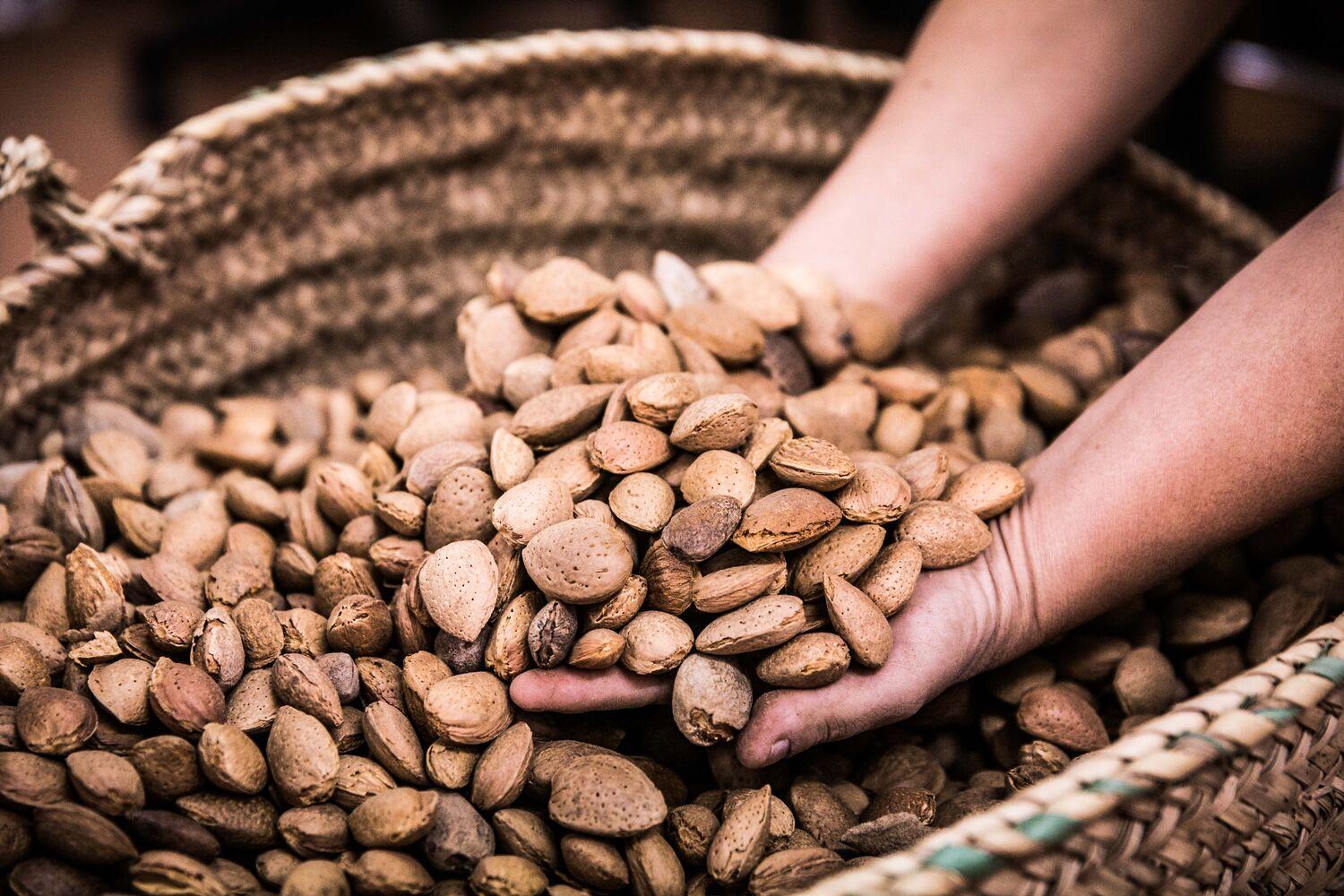
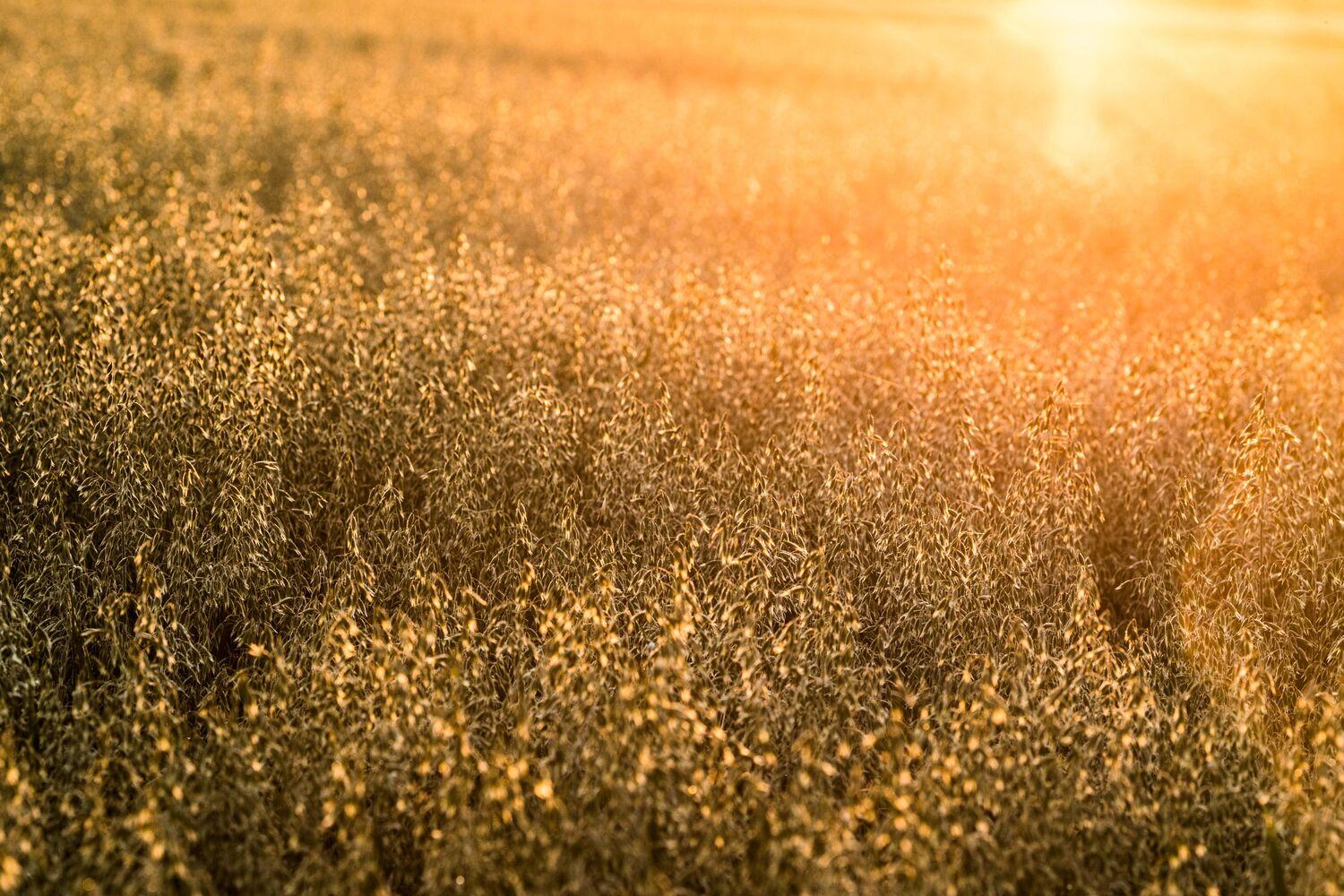
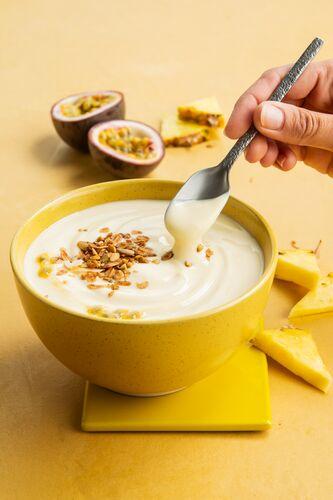
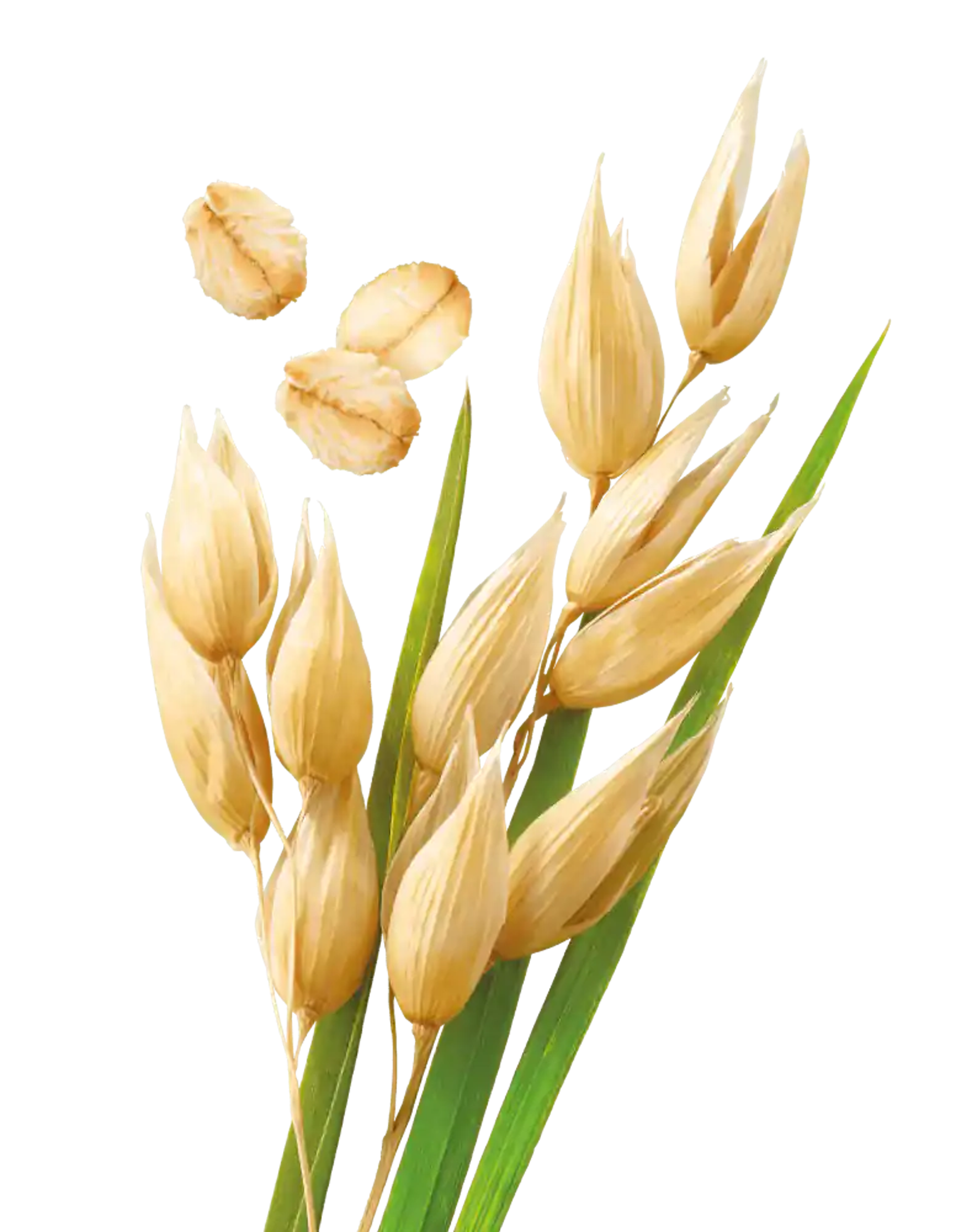
For example, between 2010 and 2021, we cut our operations footprints – by 34% for carbon and 29% for water. As well as being selective about our ingredients, we are always trying hard to make the way we produce our foods even more sustainable too.
*Several ingredients have different impacts on carbon and land use. Impact on carbon : 19-26% compared to milk. Impact on land use: between 28-54% compared to milk. This is based on a peer-reviewed comparative life cycle assessment conducted by Quantis in 2022 of Alpro Original drinks (1 l) compared to milk in Europe
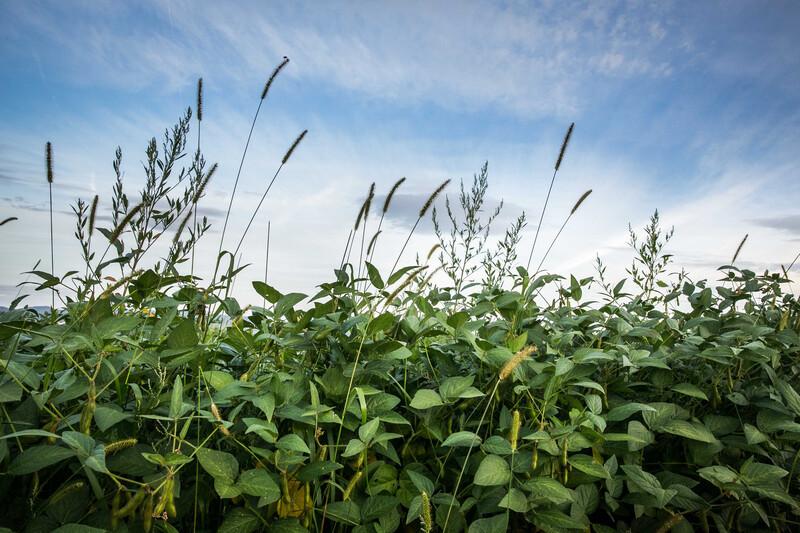

We are on a journey towards sustainable sourcing, helping us be more sustainably produced. It's a double win!



Learn more about our ingredients
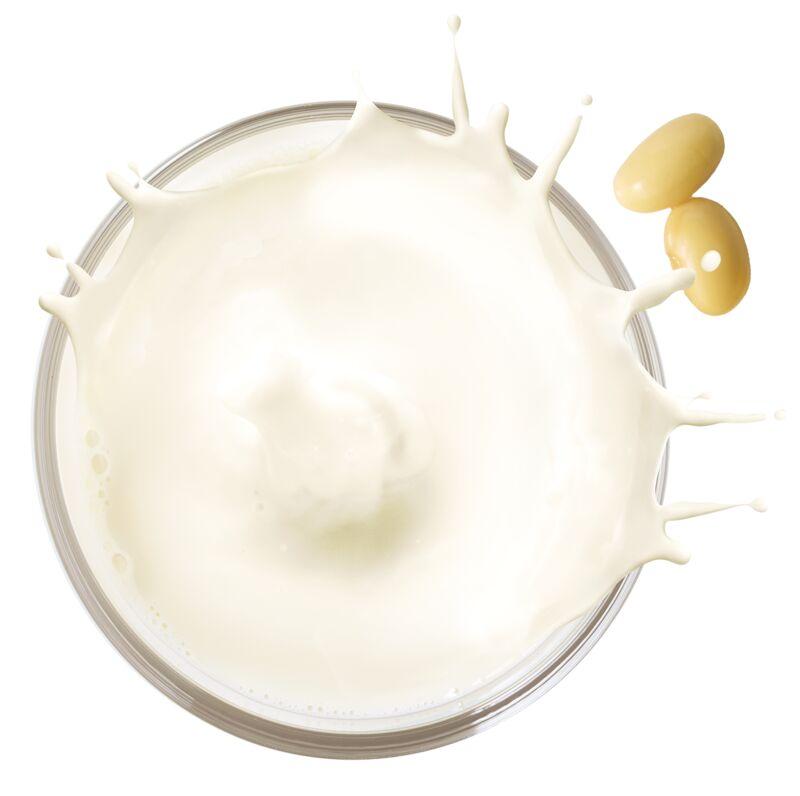
Our go-to ingredient and the one we use the most of. So, good to know, ours is all rainforest free and non-GMO. Most is grown right here in Europe – more than half comes from France, Italy and Germany, the rest from Canada (transported by sea which reduces the carbon footprint*). Right now, we’re working with our farmers to check and measure water usage, the effect it has on their local ecosystems and ways it could be cut down**. So, go ahead, enjoy the soya!
* P Saranraj et al 2021 IOP Conf. Ser.: Earth Environ. Sci. 788 012055 & European Journal of Agronomy, Volume 28, Issue 3,2008,Pages 380-393,ISSN 1161-0301,https://doi.org/10.1016/j.eja.2007.11.004.
**Our pilot study of 20 soya growers in France measured their regenerative agricultural ‘score’ using diagnostics for soil health, carbon emissions, water use & biodiversity. We’ll soon be launching a programme to support the transition to regenerative agriculture in Eastern France.
Making it better
We are exploring better ways to improve our process and packaging. Whether this be recycling the water and heat we use or using plant-based materials in our packaging, we are making our products as good on the outside as they can be on the inside.
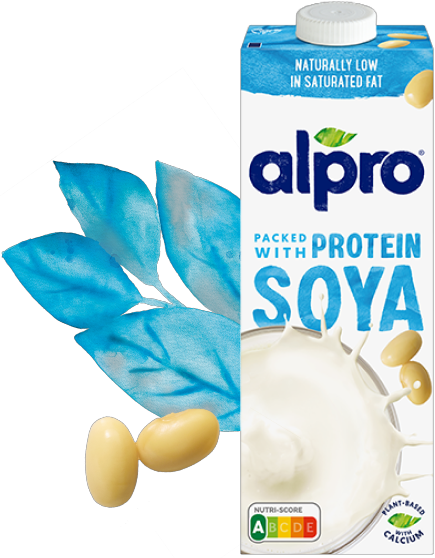

OUR ONE PLANET PROMISE. WHAT IT MEANS
Remember that "One Planet Thinking"? For today, tomorrow, 2025 and beyond, here’s the promise we’ve made to you & the planet:
 1
1Make delicious plant-based foods
 2
2Transform the way ingredients are grown
 3
3Use only planet-friendly ingredients
 4
4Zero carbon, water and waste
 5
5Less and better packaging



